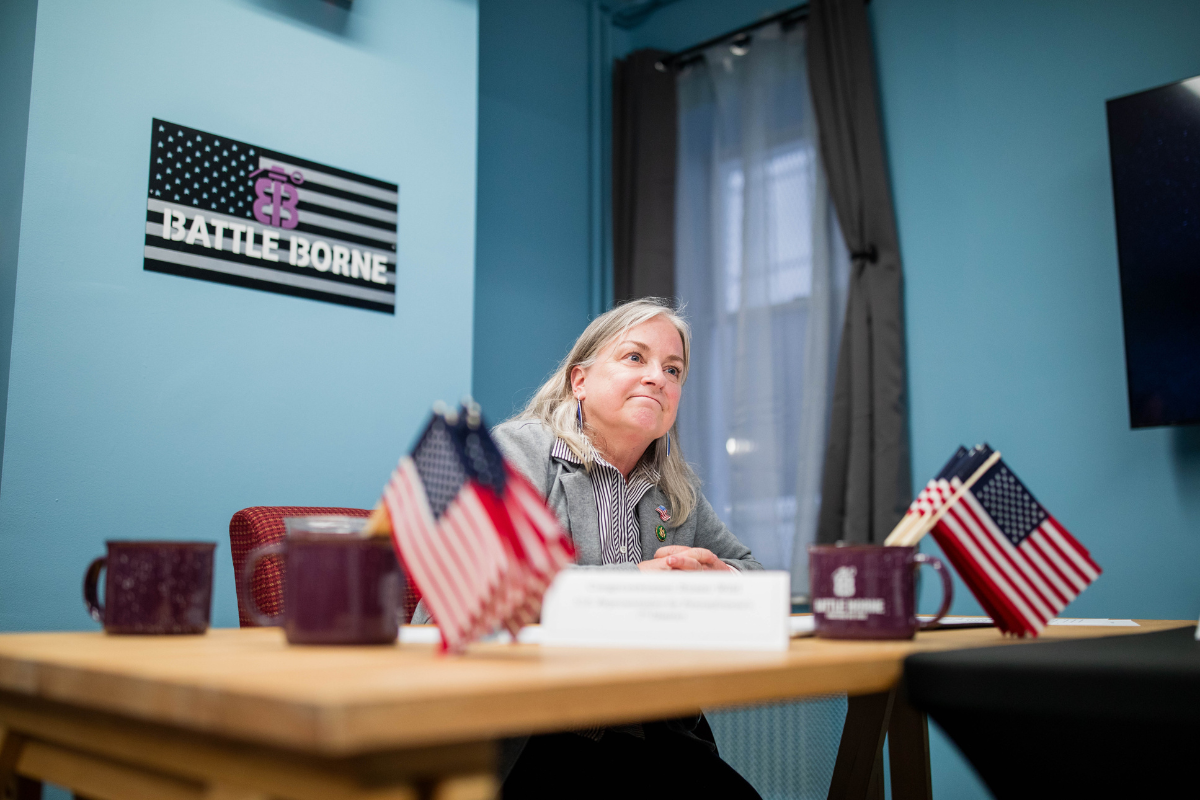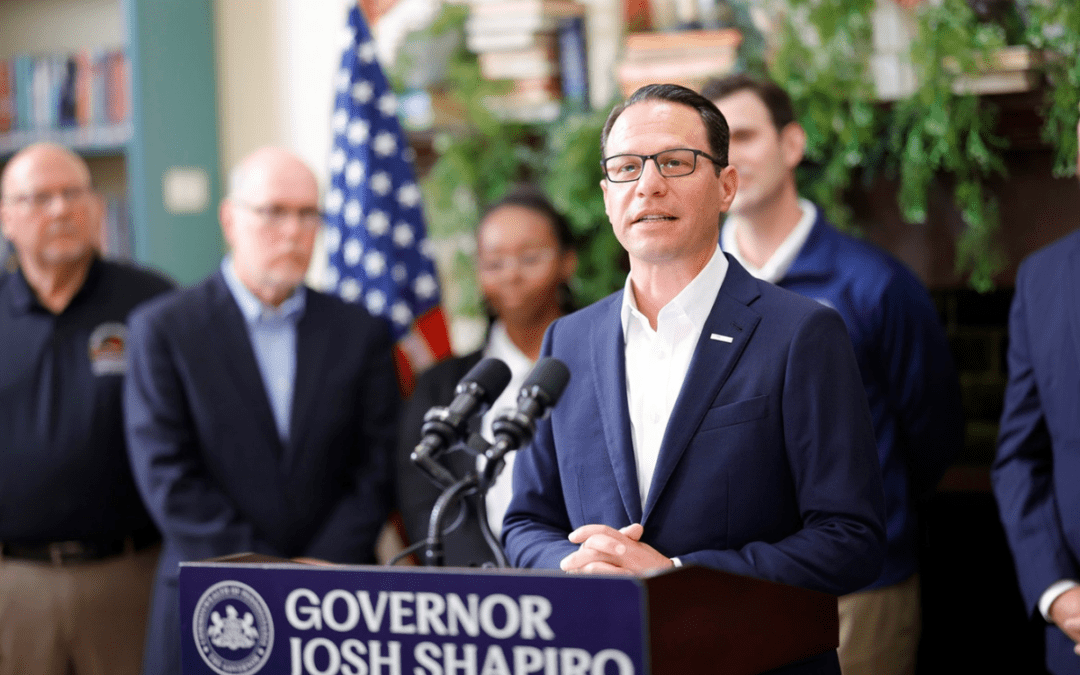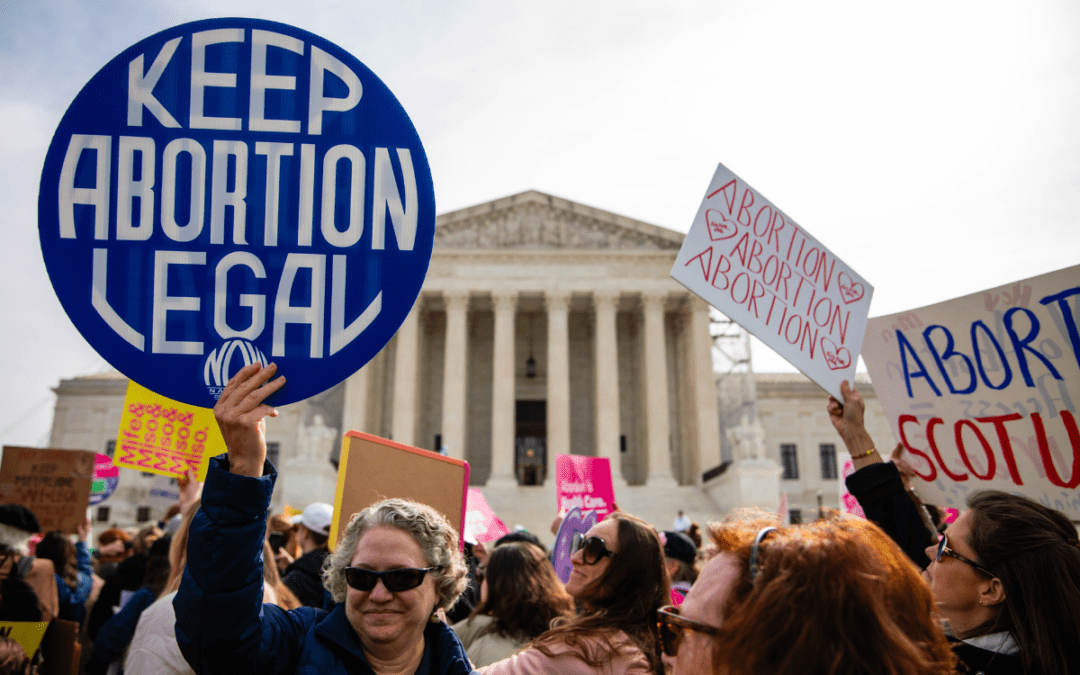
Congresswoman Susan Wild attending an IVF roundtable discussion with members of the local military community at Battle Born in Allentown on April 3, 2024. (Photo: Sean Kitchen)
Congresswoman Susan Wild explored the impacts IVF restrictions have on military families at a roundtable discussion in Allentown on Wednesday.
Restrictions to in vitro fertilization (IVF) and the impacts it has on military families was the main focus at a roundtable discussion in Allentown with Congresswoman Susan Wild (D-Lehigh) and members of the local military community on Wednesday.
Wild, an IVF proponent, opened the discussion by admitting that one of the things she never considered throughout her advocacy was the impacts abortion bans and restrictions on reproductive healthcare in states like Alabama have on military families.
“One of the things I never really thought about in the context of IVF is that military families don’t have any control over where they’re going to be stationed next,” Wild said.
“If you’re in the middle of your reproductive years dying to start a family and have been having trouble doing so, and you end up getting stationed in Alabama or one of these states where there’s a problem and literally no control over it.”
The discussion was hosted by Battle Born, a veteran-led organization that helps former service members deal with their emotional and psychological needs, inside St John’s United Church of Christ.
Wild has been open about her previous infertility issues and introduced the Access to Family Building Act, which would codify IVF rights nationally. The Alabama Supreme Court issued a decision granting rights to embryos and opened the door to an IVF ban.
The congresswoman has used her platform in the wake of that ruling to promote IVF rights and invited a mother who conceived two children through the process to the State of the Union address last month.
Julie Eshelman, founder of the Building Military Families Network, is married to an active service member and experienced three miscarriages before she was able to start a family thanks to IVF.
Following the discussion, Eshelman explained that the biggest issue is the uncertainty of where they’re going to live in the future.
“We don’t really control where we are sent as active duty families,” Eshelman said.
“We could be sent anywhere in the world, anywhere in the country. And the way that the current laws are, it is making it hard for families to access the care that they really need for reproduction, whether that is IVF or abortions or any care, even for miscarriages.”
“The way that the laws are written right now in some of these states, women aren’t even able to get the care that they need while they’re experiencing a miscarriage,” Eshelman added.
Wild told The Keystone that federal action is needed to protect women and military families because of the Republican Party’s ongoing attacks against reproductive rights.
“I think it’s pretty clear that the GOP is on the warpath when it comes to women’s right to control their own bodies,” Wild stated.
“Specifically in connection with IVF and military families, a federal codification is super necessary because military families never know what state they’re going to live in two years, and the IVF procedure takes a matter of months. If they, in the middle of going through IVF and move to a state that has outlawed IVF, they are just completely out of luck.”
Politics

Gov. Shapiro is bringing period products back to Pennsylvania’s public schools
In his budget proposal, Gov. Josh Shapiro has called for $3 million to be set aside to provide period products to all public school students free of...

Abandoned oil and gas wells are making Pennsylvanians sick. Rep. Summer Lee has a fix
The US House passed Congresswoman Summer Lee’s bipartisan bill to tackle abandoned oil and gas wells. Pennsylvania leads the country in abandoned...

100,000 PA residents to benefit from American Rescue Plan’s broadband expansion projects
The Shapiro administration announced earlier this month it is distributing $204 million from the American Rescue Plan for high-speed internet...
Local News

What do you know about Wawa? 7 fun facts about Pennsylvania’s beloved convenience store
Wawa has 60 years of Pennsylvania roots, and today the commonwealth’s largest private company has more than 1,000 locations along the east coast....

Conjoined twins from Berks County die at age 62
Conjoined twins Lori and George Schappell, who pursued separate careers, interests and relationships during lives that defied medical expectations,...






